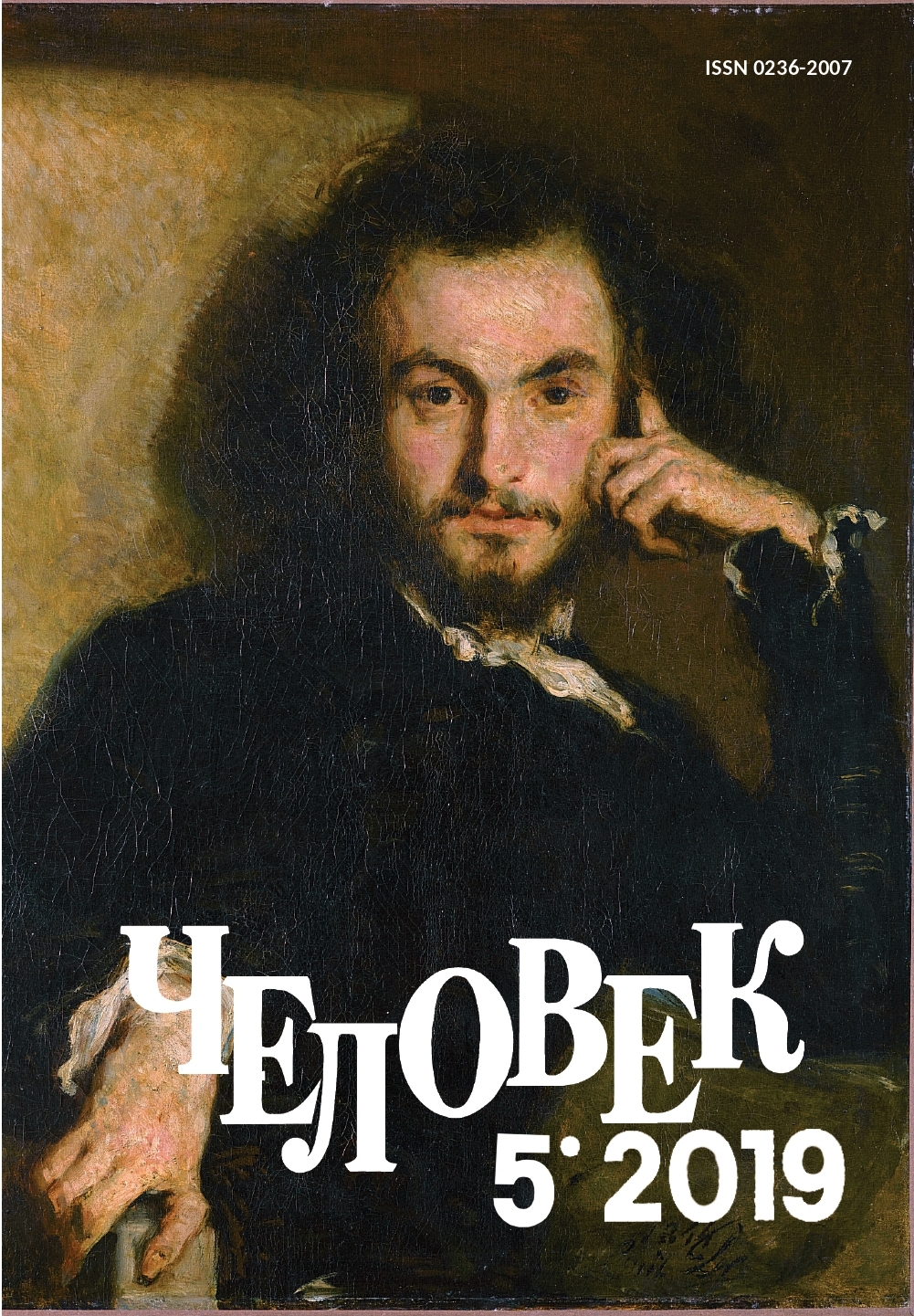Psychoanalytic Receptions in Baudelaire, by Jean-Paul Sartre
DOI:
https://doi.org/10.31857/S023620070006439-9Keywords:
Sartre, Freud, Baudelaire, psychoanalysis, existential psychoanalysis, existentialism, biography, literature, narcissism, phenomenologyAbstract
The subject of the research is the biography “Baudelaire” by J.-P. Sartre. The text is considered within the Sartre's project of existential psychoanalysis. The study identifies key features of Sartre's existential psychoanalysis, in contrast to classical psychoanalysis of S. Freud, such as its explicit teleological orientation, deep ethical background, principal antinaturalism, as well as close relationship with the classical concepts of the subjectivity. The research reveals several key aspects of Sartre's interpretations of special psychoanalytic concepts, such as “unconscious”, “Oedipus complex”, “libido”, “narcissism”, “death drive”, etc. The research emphasizes Sartre’s critical arguments to the naturalistic attitude of classical psychoanalytic method and humanistic spirit of existential psychoanalysis. The paper discoveres the role of the latter in the genesis of Sartre's biographical method. When referring to the biographical material, special attention is paid to Sartre's consideration of Baudelaire’s family situation, particularly, relationships with his mother. The research considers Sartre’s critic of the classical interpretation of Oedipus complex, as well as his own shift from the Father’s origins to the figure of Mother. Comparative analysis of both methods includes Sartre’s interpretation of Baudelaire’s narcissism in coherence with his tendency to reflection, as well as Baudelaire’s specific feeling of sexuality. The research reveals hidden intersections of the Sartre's interpretations of Baudelaire's “fundamental project” with the Freudian concept of Eros and Thanatos, as well as the E. Fromm’s theory of the “necrophilous personality”. In conclusion, the author outlines the trends of the further development of the biographical method of Sartre in the biographies of Jean Genet, Stefan Mallarmé and Gustave Flaubert.






